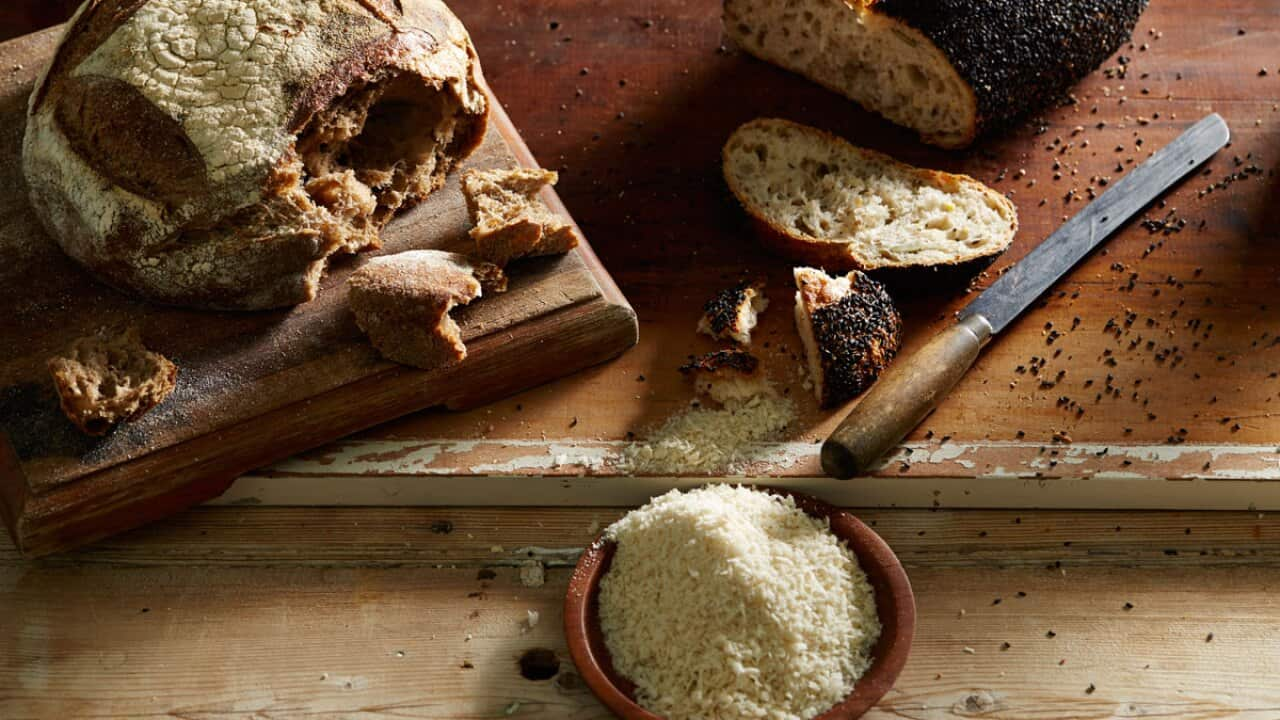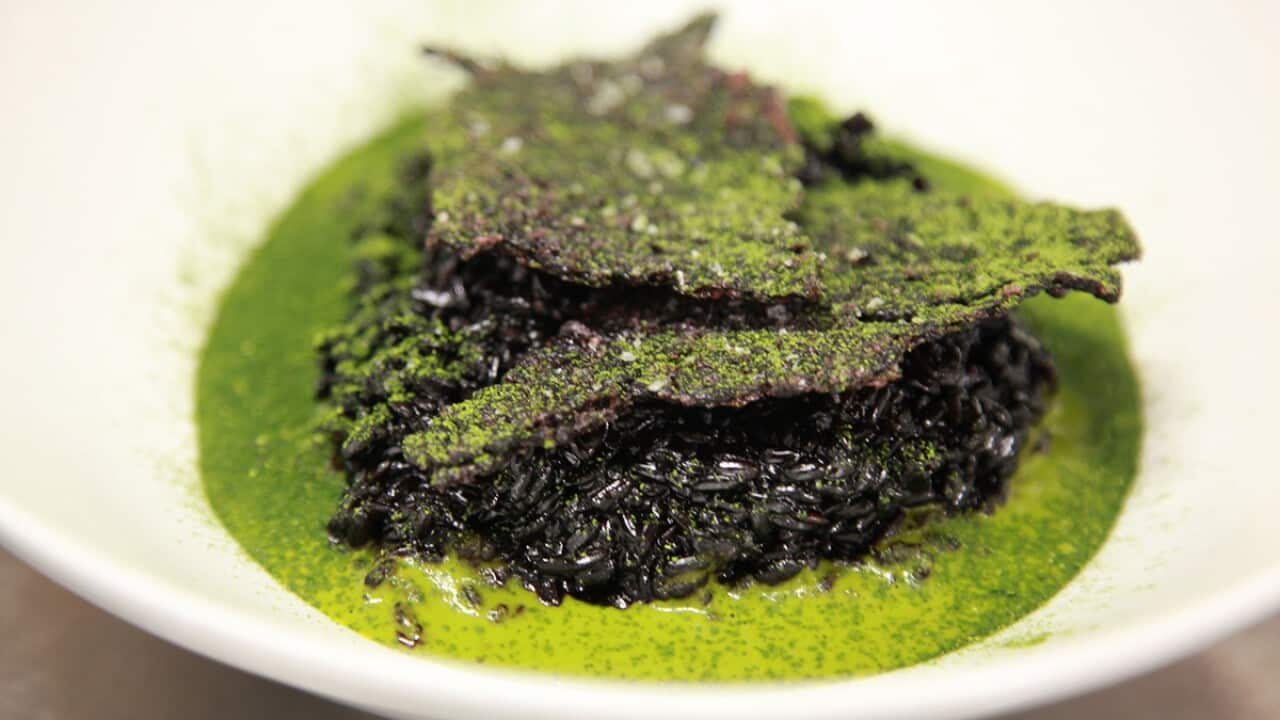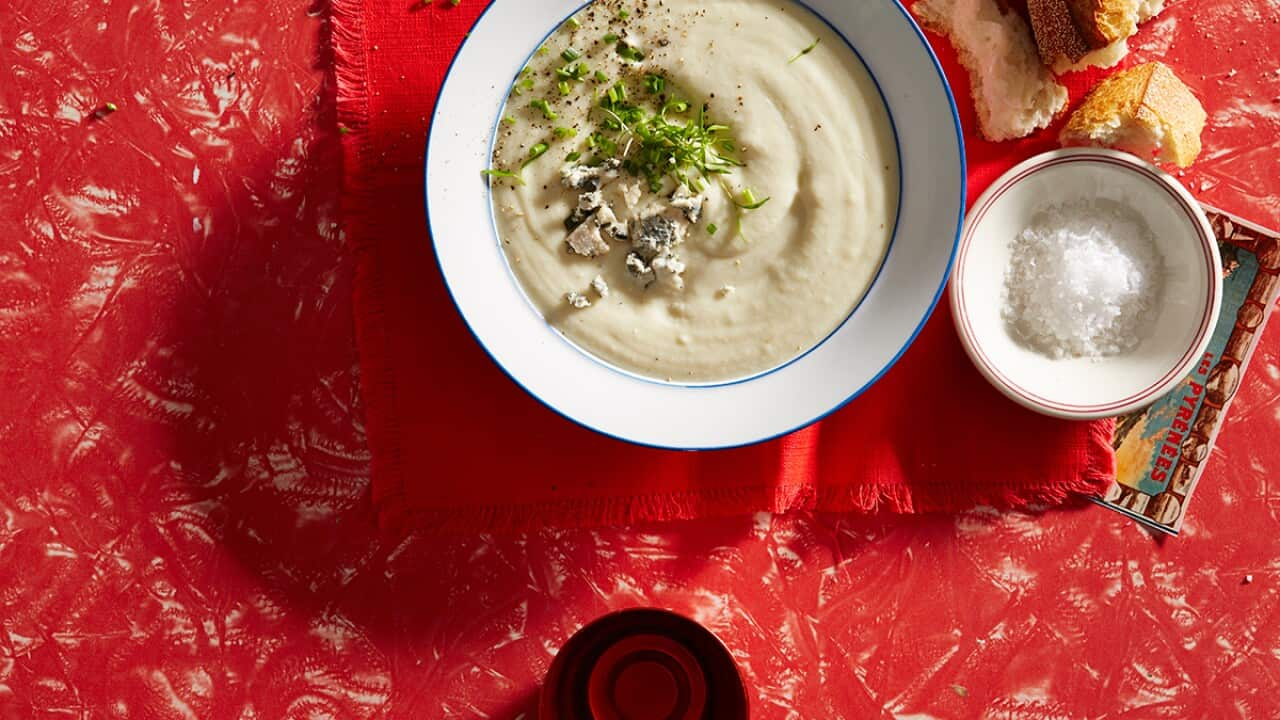The nightmare for everyone who refuses to eat re-heated rice could be the newest culinary trend: mould. Okay, okay, not mouldy rice.
Commonly associated with pungent blue cheese, the association between food and mould isn't one that always sparks joy in the kitchen. While not all moulds are created equal, there are moulds that are deemed safe to consume and you might already have tried your hand at it without knowing.
Common kitchen conundrum

Eat well: Is it safe to cut mould off food?
, recognised as the national mould of Japan, is a mould of the scientific name, aspergillus oryzae. Its spores are sprinkled onto damp, room-temperature rice and left to penetrate, creating bricks of rice, clumped together by the koji mould.
This product, also called koji, is used to create a wealth of signature Japanese products like sake, and shochu, and when a mixture of soybeans and wheat mash is put through the same process, the base of soy sauce is formed.
René Redzepi of the notable Danish restaurant, Noma, has had his team experimenting with this mould on their menu.
The team at Noma refer to the practise of growing a layer of soft white mould over vegetables and eggs as ‘moulding’ food.
They say it brings out the flavour of the vegetables and offers a soft coating not dissimilar to white mould on cheese.
Tom Ross, a professor in food microbiology at the Centre for Food Safety and Innovation says the use of mould in foods has a long history of safe use.
“But, as noted, those moulds were discovered by trial and error,” says Ross. “A lot of people died working it out.”
There are many foods that use edible moulds in their creation, for example, brie, blue cheese, botrytis dessert wine, miso, soy sauce, and certain cured meats like jamón.
Recently, Noma created what Redzepi refers to as ‘mould pie’ – an egg yolk sitting on a firm base covered in a layer of fluffy white mould.
Ross says moulds play a major role in the flavour of some cheeses like surface-ripened brie and camembert or blue vein.
“But [it also] raises the pH, making products camembert and brie more likely to support the growth of food poisoning bacteria such as listeria monocytogenes,” he says.
“Moulds have a range of proteolytic and lipolytic enzymes that break down the proteins and fats in the cheese to release smaller compounds (such as short-chain organic acids) that have more flavour and that combine with other compounds to generate even more flavours,” Ross explains.
Redzepi claims the yolk in his mould pie has a rich, luxurious and potent flavour because of the growth of mould on it. However, unlike other fermentation projects, this isn’t an experiment for those at home – and best left to the carefully monitored Noma test kitchens.
“Other moulds in the environment cause food spoilage such as on bread or on products like oranges, apples, cheddar cheese, pre-made pasta sauces etc. We need to be careful of these moulds because they may produce toxins, and because we don’t know where they come from,” says Ross.
“The moulds on aged and cured meats are tricky as there are considerable knowledge gaps related to the typical mould species that develop during the curing and ageing processes.”
We need to be careful of these moulds because they may produce toxins, and because we don’t know where they come from.
We are certainly in no way advocating leaving your food out to develop mould in the hopes of "being on trend", but remember it's the type of mould that determines whether it's safe to eat. Keeping a sterile environment is important to stop other potentially harmful moulds from growing if there are spores around. So if in doubt, perhaps it's time to throw it out.
However, you can get your hands on a bucket of koji, online or at Japanese speciality and health food stores and you too, could make soy sauce, , amazake or at home. For those that are still curious, you can watch how koji comes to life by two professionals right here:
MOULDY AT HOME

Koji black rice and snake bean

















